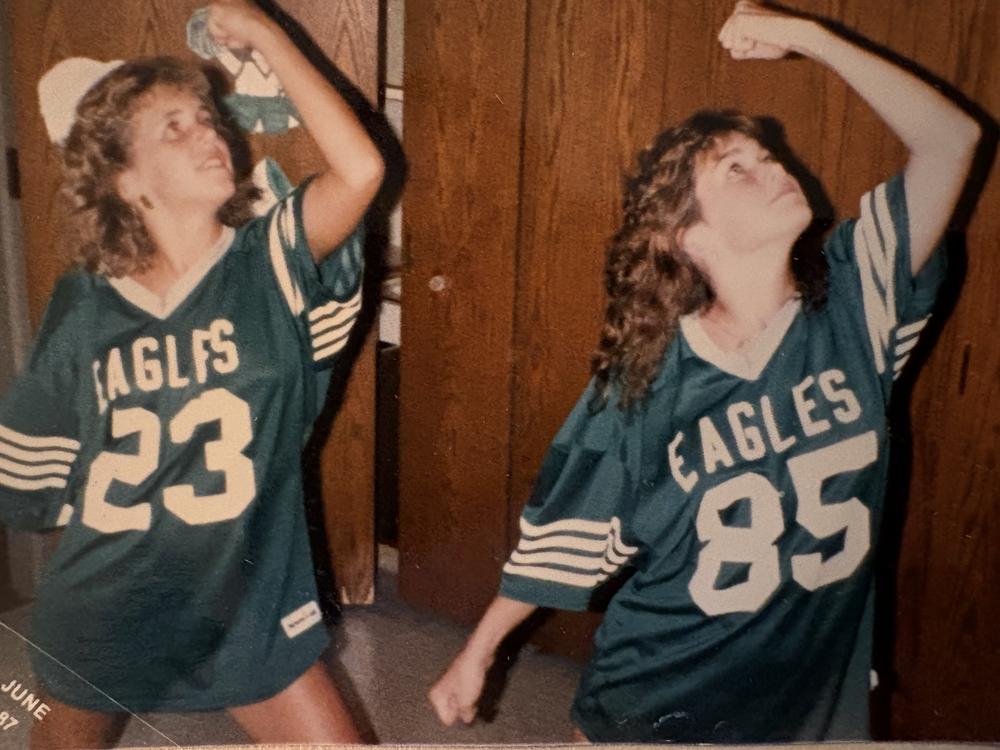Drake, Halle Berry, and the Art of Safe Content Licensing: Lessons for Marketers
Engaging content. The internet runs on it. And whether you’re a modern marketer or one of the world’s most famous rappers, finding and using more engaging content is an important part of telling your brand story. But, as a recent incident involving superstar rapper Drake and actress Halle Berry illustrates, if you don’t have a content licensing process in place, drama can unfold.
The story began with a seemingly innocent promotional post by Drake, using an image of Halle Berry to promote his latest track. The image was not flattering. It was taken at the Nickelodeon Kids’ Choice Awards and, in the photo, Halle had just been slimed. However, what initially appeared to be a routine marketing move quickly turned into a lesson in content licensing.
Ms. Berry’s fans called Drake out for using such a picture. Drake’s fans pointed out that the image was available on the Getty stock photo site and that Drake had probably purchased the rights to use it. But Halle Berry settled any question by taking to social media and telling everyone that Drake had asked her if he could use the photo. Her message left no room for ambiguity: “I said no.” So, the image was used without her permission. In the end, Ms. Berry posted an Instagram post that simply said “Sometimes you just have to be the bigger man. Even if you’re a woman.”
This incident serves as a stark reminder that even celebrities, with all their fame and fortune, are not exempt from copyright and licensing laws. When using someone's image for commercial purposes, it's crucial to secure the necessary rights and permissions from the copyright holder and also every model in the shot. In this case, Drake's misstep could potentially lead to legal repercussions and some might say it has already led to damage to his reputation.
Drake was involved in another controversy when an AI-generated music creator calling themselves Ghostwriter used AI-generated voices of Drake and recording artist The Weeknd in a song entitled “Heart On My Sleeve”. The song was even nominated for a Grammy and was being considered by The Recording Academy. But, in the end, the Academy decided not to allow the song to be in contention due to lack of permissions from the artists or Universal Music Group, the licensing company that Drake and The Weeknd have deals with.
These two incidents underscore the complexity of content licensing, a realm often misunderstood by marketers. Many assume that if an image is available on a stock photo website like Getty Images, they have the right to use it freely. However, this oversimplification can lead to legal trouble.
Here's the catch: Licensing content involves not only obtaining permission from the copyright holder but also from all individuals featured in the content. This includes models, actors, brands and anyone whose likeness is recognizable. Failure to secure these permissions can result in legal actions, hefty fines, and damage to your brand's reputation.
Licensing Tips for Marketers (And Drake)
At Catch+Release, we understand the intricacies of content licensing, and we help marketers, brands and agencies navigate this complex terrain safely. (Yes, even you, Drake.) Here are some essential tips to ensure you license content correctly and avoid potential pitfalls:
- Seek Legal Advice: Consult with legal experts who specialize in intellectual property rights to ensure your content licensing strategy is compliant with the law.
- Understand Usage Rights: Clearly define how you intend to use the content and ensure your licensing agreements cover these specific uses.
- Document Permissions: Keep meticulous records of all permissions obtained, including those from copyright holders and individuals featured in the content.
- Consider Alternatives: If securing permissions is challenging, explore alternatives like commissioning original content or using content from sources that provide clear licensing rights.
- Educate Your Team: Ensure everyone involved in content creation and marketing within your organization understands the importance of proper licensing.
- Utilize Licensing Platforms: Leverage platforms like Catch+Release that specialize in content licensing, making it easier to find, secure, and manage content rights.
- Stay Ethical: Embrace technology and AI responsibly, adhering to ethical standards and being transparent with your audience about any AI-generated content.
To Summarize
Content licensing is a nuanced, multifaceted process. Marketers (and rappers) must be diligent, ethical, and legally compliant when using content in their commercial campaigns. At Catch+Release, we're committed to helping marketers navigate this complex landscape safely and responsibly, ensuring that their creative endeavors remain free from legal entanglements and ethical dilemmas.
In the digital age, where content is abundant, the path to success is not just in what you use but also in how you use it. Licensing content correctly is not merely a legal obligation; it's a strategy for building trust, preserving your brand's integrity, and ensuring long-term success.
Related Resources
%20(397%20x%20264%20px)%20(3).png)
The New Operating Model for Creative Teams
Catch+Release COO Bryan shares how Content Genie introduces a faster, clearer, and more scalable way for creative teams to move from brief to story. This pre launch perspective explains why the future of content production depends on a new workflow built for modern creative speed.

Five Super Bowl Ideas That Could Win With Found Content (And Won't Cost $8 Million)
Found Content is no longer a backup plan. It’s a bold, culture-driven strategy for Super Bowl spots that want to win hearts, spark conversation, and save serious production dollars. Explore five creative plays brands can use to bring authenticity and impact to the biggest stage in advertising.




.png)